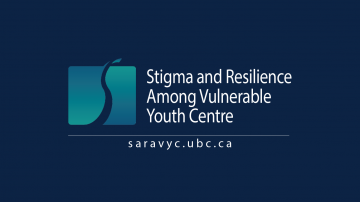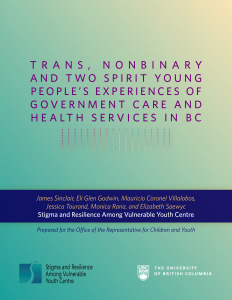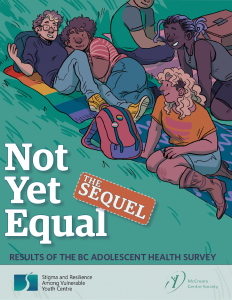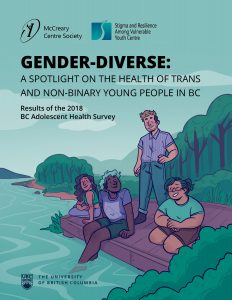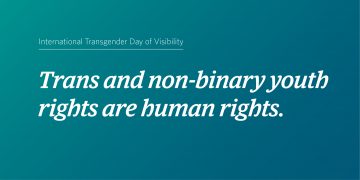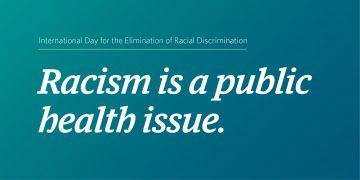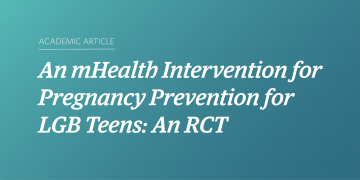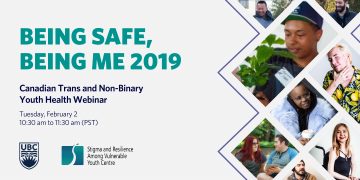2SLGBTQ+ inclusive education initiatives are essential to fostering safe school environments for all youth–not just 2SLGBTQ+ youth
As the current researchers evaluating SOGI 1 2 3, the Stigma and Resilience Among Vulnerable Youth Centre (SARAVYC) would like to express our support for educational programs that make schools safer for 2SLGBTQ+ children. These programs are vital for the well-being and safety of all children and, to quote the BC Human Rights Commissioner Kasari Govender, “the human rights of LGBTQ2SAI+ people are not up for debate.”
The Right to Thrive: An Urgent Call to Recognize, Respect and Nurture Two Spirit, Trans, Non-Binary and other Gender Diverse Children and Youth from the Representative for Children and Youth
In Representative Charlesworth’s own words, “Let’s be clear: young people have the right to be who they are and to thrive…The hate speech and anti-trans legislative efforts we have seen recently in Canada and the United States is alarming and is causing great harm.
Report Launch: Representative for Children and Youth release The Right to Thrive: An Urgent Call to Recognize, Respect and Nurture Two Spirit, Trans, Non-Binary and other Gender Diverse Children and Youth
In Representative Charlesworth’s own words, “Let’s be clear: young people have the right to be who they are and to thrive…The hate speech and anti-trans legislative efforts we have seen recently in Canada and the United States is alarming and is causing great harm.
Priority indicators for adolescent health measurement – recommendations from the Global Action for Measurement of Adolescent Health (GAMA) advisory group.
Abstract Purpose: This article describes the selection of priority indicators for adolescent (10–19 years) health measurement proposed by the Global Action for Measurement of Adolescent health advisory group and partners, building on previous work identifying 33 core measurement areas and mapping 413 indicators across these areas. Methods: The indicator selection process considered inputs from a broad range […]
Not Yet Equal (the Sequel): Results of the BC Adolescent Health Survey
Not Yet Equal (the Sequel): Results of the BC Adolescent Health Survey provides a profile of the health LGBTQ youth in British Columbia (BC). The report is a collaboration between researchers at SARAVYC and the McCreary Centre Society and uses data from the 2018 BC Adolescent Health Survey (BC AHS), which is one of the […]
Trans and non-binary youth rights are human rights
International Transgender Day of Visibility is a day to celebrate trans folks and raise awareness about the discrimination and violence that targets them. On Transgender Day of Remembrance, we shared some of the challenges trans and non-binary youth are faced with. Today, we’d like to share some of the ways that trans and non-binary youth feel supported.
Racism is a public health issue
Every day is a day to act towards ending racism, and today is the International Day for the Elimination of Racial Discrimination (IDERD). We condemn racism in all its forms, and especially the anti-Black, anti-Indigenous, and anti-Asian racism and hate crimes that have surfaced throughout the pandemic at the hands of white supremacy. Hateful actions need to stop and white supremacy must be dismantled.
An mHealth Intervention for Pregnancy Prevention for LGB Teens: An RCT
Although lesbian, gay, bisexual and other sexual minority (LGB+) girls are more likely than heterosexual girls to be pregnant during adolescence, relevant pregnancy prevention programming is lacking. Girl2Girl appears to be associated with increases in pregnancy preventive behaviors for LGB+ girls, at least in the short-term. Comprehensive text messaging–based interventions could be used more widely to promote adolescent sexual health behaviors across the United States.
Join us for a webinar and Q&A about the links of provincial policy, IDs, and gender affirming care to trans and non-binary youth health
How is access to gender-congruent ID related to mental health outcomes? Does having a primary care provider increase access to gender affirming care and does this access change depending on the level of comfort towards the primary care provide? What is the link between Canadian provincial health services policy and access to gender affirming care? Join us for a webinar on February 2nd where we discuss the research behind these questions.
